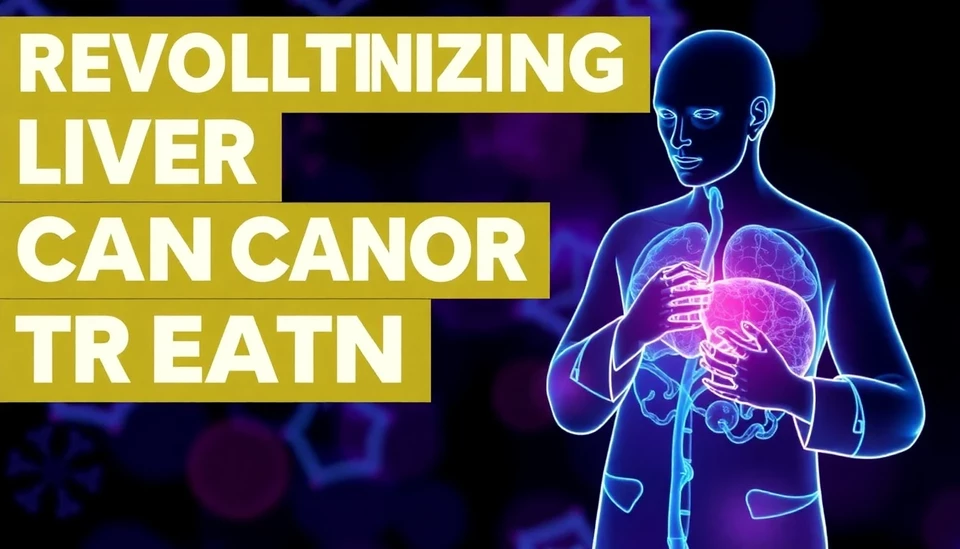
The landscape of liver cancer treatment is set to be significantly transformed as AstraZeneca and Merck unveil promising new drugs that show potential to enhance survival rates for patients battling this challenging disease. This breakthrough comes at a pivotal moment as liver cancer incidences continue to rise globally, fueled by factors such as viral hepatitis and fatty liver disease.
AstraZeneca's medication, known for its innovative approach, is currently in advanced clinical trials and has demonstrated optimistic results regarding its efficacy. Early data suggest that this new treatment could not only prolong life but also improve the quality of life for patients diagnosed with liver cancer. Doctors and researchers are closely monitoring its progress, eager to see how it performs in larger patient populations.
Meanwhile, Merck is also making headlines with the introduction of its own experimental drug, designed to target liver cancer more effectively. This medication represents a potential shift away from traditional therapies, which often yield limited success. Both companies are racing to establish their drugs as the leading choice for oncologists treating patients with this aggressive form of cancer.
Experts in the field are optimistic about the impact these drugs could have on patient outcomes. Historically, liver cancer has been associated with low survival rates due to late-stage diagnoses and insufficient treatment options. However, the advent of these therapies could offer new hope. Clinical trial results are anticipated to be released soon, and there is a growing sentiment that these developments might signify a new era in oncological care for liver cancer patients.
The race for approval and market entry is heating up, with each firm under pressure to expedite the review process. Both AstraZeneca and Merck are investing heavily in research and marketing strategies aimed at clinching their place in the competitive oncology market. As they navigate regulatory landscapes, the scientific community is rallying around these advances, reinforcing the urgent need for more effective treatments against liver cancer.
As the trials progress, the medical community eagerly awaits data that could potentially change the standard of care. If successful, these therapies could pave the way for new treatment paradigms, helping to shift the trajectory of liver cancer prognosis for future patients facing this diagnosis.
The promises of AstraZeneca and Merck's drugs not only highlight their commitment to oncology innovation but also signal a larger trend in the pharmaceutical industry toward precision medicines that can target specific disease mechanisms, offering a more tailored approach to cancer treatment.
With this exciting development, it becomes all the more imperative for patients, healthcare providers, and families to stay informed about available treatment options and emerging therapies that could make a difference in the fight against liver cancer.
As the situation evolves, all eyes will be on AstraZeneca and Merck as they advance their clinical trials and make headway in the liver cancer treatment arena, bringing new hope to millions worldwide.
#livercancer #treatment #AstraZeneca #Merck #oncology #breakthrough #cancerresearch #clinicaltrials #innovation #healthcare
Author: John Harris




